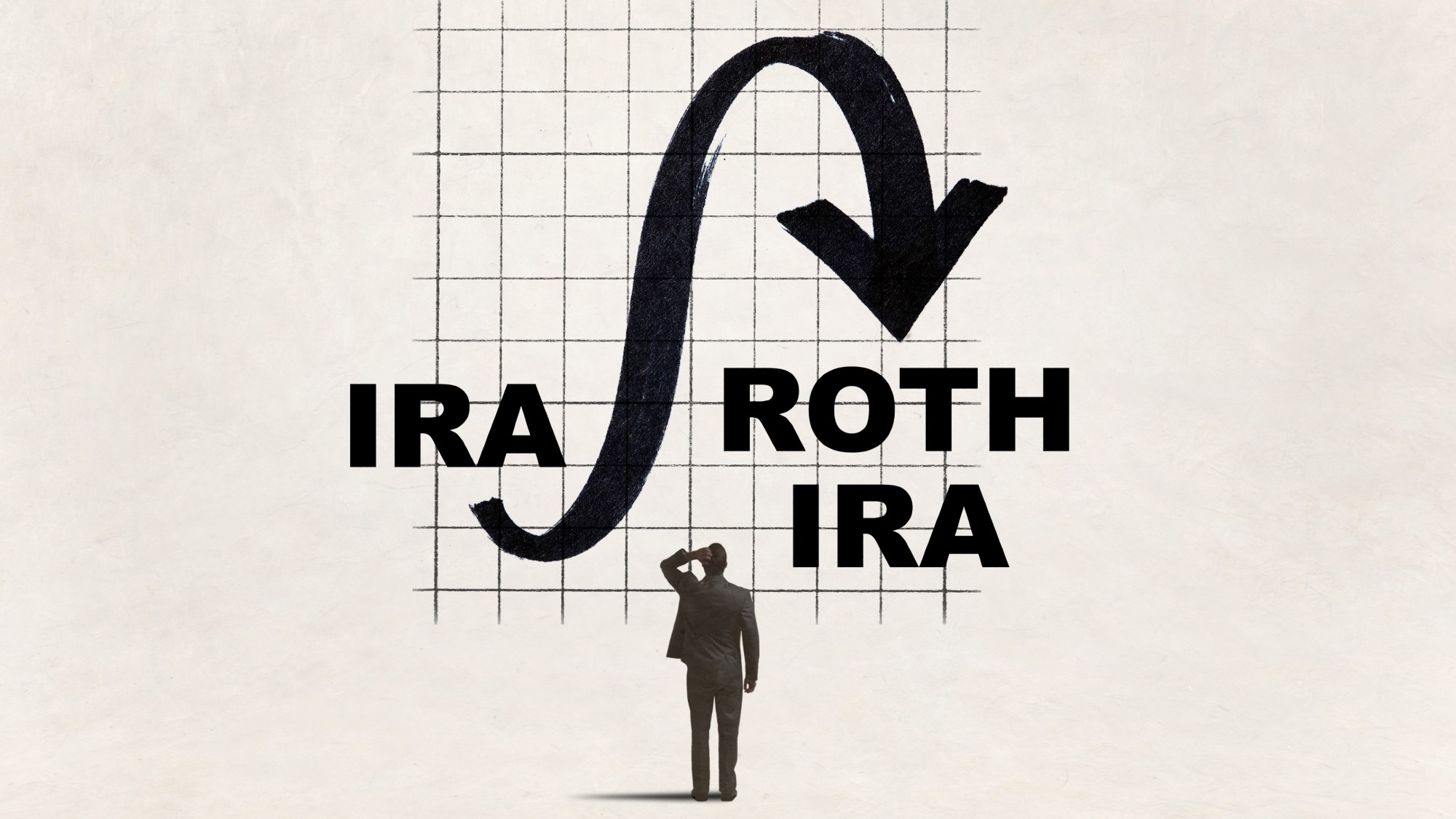The financial impact of returning to work in later life – should you 'unretire'?
Many people return to the workplace after retirement age, but what could it mean for your finances?

A free daily email with the biggest news stories of the day – and the best features from TheWeek.com
You are now subscribed
Your newsletter sign-up was successful
Reaching state pension age doesn't have to be the end of your working life, and some are using it as an opportunity to start a new career.
The default retirement age of 65 was scrapped in 2011 and many now choose to work beyond the current state pension age of 66 for a variety of reasons, said The Times, including a "lack of savings, loneliness and love of the job".
Figures from the Office for National Statistics, for April to June 2022, show the number of people aged 65 years and over in employment increased in the quarter by a record 173,000 to 1.468 million, which is also a record.
The Week
Escape your echo chamber. Get the facts behind the news, plus analysis from multiple perspectives.

Sign up for The Week's Free Newsletters
From our morning news briefing to a weekly Good News Newsletter, get the best of The Week delivered directly to your inbox.
From our morning news briefing to a weekly Good News Newsletter, get the best of The Week delivered directly to your inbox.
Continuing to work or retraining can provide more financial options, said Saga Magazine, "especially if you're nervous about relying on pension and savings alone", plus it can provide "tremendous mental stimulation".
There is a rising trend of older people returning to work in later life, said Standard Life, known as "unretiring". However, there are various factors to consider when determining whether this is the right path for you.
Where to work
Older workers returning to work in later life are an "attractive option" for employers, said Rest Less, as they offer experience, a strong work ethic, and are "organised, efficient and confident".
You cannot be "forced to retire", said Independent Age, and one option is discussing a "phased retirement plan" with your employer to move to flexible working to "fit in around caring responsibilities or to give you time for other things".
A free daily email with the biggest news stories of the day – and the best features from TheWeek.com
Alternatively, you could go freelance or start your own business, added Saga, to achieve "some autonomy over your work pattern".
You can get advice from the National Careers Service, which has a skills health check to help "decide what kind of jobs might be right for you".
It is also worth considering adult apprenticeships, said The Apprenticeship Guide, which can provide "valuable opportunities for those seeking to upskill or make a significant career change".
Tax and state pension implications
You could boost your state pension and reduce your tax bill by working past age 66.
If you are working past age 66, it may be worth waiting to receive your state pension payments for a couple of years as you will be paid more, said The Telegraph, "as long as you live long enough to enjoy it".
This is known as deferring your state pension. You need to defer for at least nine weeks, and after that the state pension rises by about 1% for every nine weeks deferred, "equivalent to just under 5.8% for every year".
Additionally, you're likely to "take home more money", said NIDirect, as you don't pay any National Insurance once you are over state pension age.
What returning to work means for your retirement
You may not have to pay National Insurance once you reach state pension age but there is still income tax to consider.
If you are already taking money out of a private pension through an annuity or drawdown, said MoneyWeek, extra employment income "could potentially add to your income tax bill" and even push you into a higher tax band.
This can also be an issue if you are already receiving the state pension as its current rate of £11,502 a year will "swallow up most" of your £12,570 personal allowance, said Saga.
Plus, you may need an accountant to help with a tax return for the first time to declare untaxed income, added Saga, and it is important to watch out for self-assessment scammers "targeting those who are new to the process".
Marc Shoffman is an NCTJ-qualified award-winning freelance journalist, specialising in business, property and personal finance. He has a BA in multimedia journalism from Bournemouth University and a master’s in financial journalism from City University, London. His career began at FT Business trade publication Financial Adviser, during the 2008 banking crash. In 2013, he moved to MailOnline’s personal finance section This is Money, where he covered topics ranging from mortgages and pensions to investments and even a bit of Bitcoin. Since going freelance in 2016, his work has appeared in MoneyWeek, The Times, The Mail on Sunday and on the i news site.
-
 Political cartoons for February 15
Political cartoons for February 15Cartoons Sunday's political cartoons include political ventriloquism, Europe in the middle, and more
-
 The broken water companies failing England and Wales
The broken water companies failing England and WalesExplainer With rising bills, deteriorating river health and a lack of investment, regulators face an uphill battle to stabilise the industry
-
 A thrilling foodie city in northern Japan
A thrilling foodie city in northern JapanThe Week Recommends The food scene here is ‘unspoilt’ and ‘fun’
-
 The pros and cons of tapping your 401(k) for a down payment
The pros and cons of tapping your 401(k) for a down paymentpros and cons Does it make good financial sense to raid your retirement for a home purchase?
-
 Six ways to boost your finances in 2026
Six ways to boost your finances in 2026The Explainer It’s not too late to make a new year’s resolution to finally get organised money-wise
-
 How to save more for retirement next year
How to save more for retirement next yearthe explainer Secure yourself a suitable nest egg
-
 What are the pros and cons of a Roth conversion for retirement?
What are the pros and cons of a Roth conversion for retirement?Pros and Cons By converting a traditional IRA to a Roth IRA, retirees can skip paying taxes on their withdrawals
-
 How can you tell if you are ready to retire?
How can you tell if you are ready to retire?the explainer All the preparation you need to sail off into your golden years
-
 What’s the best way to use your year-end bonus?
What’s the best way to use your year-end bonus?the explainer Pay down debt, add it to an emergency fund or put it toward retirement
-
 3 required minimum distribution tax mistakes to avoid
3 required minimum distribution tax mistakes to avoidThe Explainer Missteps in making withdrawals from tax-advantaged retirement accounts can cost you big
-
 The FIRE movement catches on as people want to retire early
The FIRE movement catches on as people want to retire earlyIn the spotlight Many are taking steps to leave the workforce sooner than usual